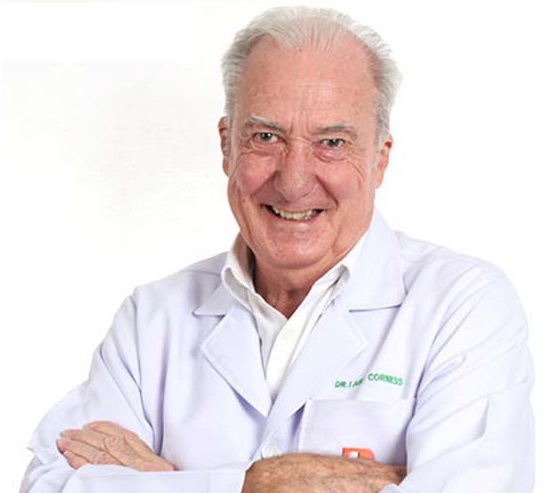 I’m sorry, but I have it on good authority that you can’t take it with you. And that’s the reason why I’m not going. But to cover all eventualities, I have made out a will. And so should you. That’s your dying will – but you need to make another, and that’s called your “Living Will”.
I’m sorry, but I have it on good authority that you can’t take it with you. And that’s the reason why I’m not going. But to cover all eventualities, I have made out a will. And so should you. That’s your dying will – but you need to make another, and that’s called your “Living Will”.
However, there is confusion in the minds of many people, as to what a “Living Will” actually is and what it covers. First off, it is not euthanasia. I repeat, it is not euthanasia. Borrowing from the Mayo Clinic in the US, it states on their website “This written, legal document spells out the types of medical treatments and life-sustaining measures you do and don’t want, such as mechanical breathing (respiration and ventilation), tube feeding or resuscitation.” The important words to note are “life sustaining” and “resuscitation”. Neither of these concepts imply medically assisted suicide.
Once again from the Mayo Clinic, “Injury, illness and death aren’t easy subjects to talk about, but by planning ahead you can ensure that you receive the type of medical care you want, to take the burden off your family of trying to guess at what you’d want done.”
Remember that we are talking about terminal situations here. Not situations from which it would be reasonably expected that you will recover and still have a good quality of life. A fractured hip when you are 90 is a serious situation, but provided you are healthy otherwise, then it would be expected that you would recover. You might need a stick for a while, but you would still be able to have a beer with your mates or whatever your pursuits were before the incident. In other words, the expectancy of a reasonable quality of life is there.
However, if you are in the terminal phase of metastatic cancer, which has progressed despite treatment, the future quality of life is not there. Artificially prolonging life under that situation is then covered by the Living Will.
As an example, note the following:
The Living Will is made while of sound mind. It is not something you scribble out while lying in God’s waiting room. An example of a Living Will. “Being of sound mind and understanding all the implications, I ask that this document be brought to the attention of any medical facility in whose care I happen to be, and to any person who may become responsible for my affairs.
“This is my ‘Living Will’ stating my wishes in that my life should not be artificially prolonged, if this sacrifices my Quality of Life.
“If, for any reason, I am diagnosed as being in a terminal condition, I wish that my treatment be designed to keep me comfortable and to relieve pain, and allow me to die as naturally as possible, with as much dignity as can be maintained under the circumstances.
“As well as the situation in which I have been diagnosed as being in a terminal condition, these instructions will apply to situations of permanently unconscious states and irreversible brain damage.
“In the case of a life-threatening condition, in which I am unconscious or otherwise unable to express my wishes, I hereby advise that I do not want to be kept alive on a life support system, and I do not want resuscitation, nor do I authorize, or give my consent to procedures being carried out which would compromise any Quality of Life that I might expect in the future.
“I ask that you are sensitive to and respectful of my wishes; and use the most appropriate measures that are consistent with my choices and encompass alleviation of pain and other physical symptoms; without attempting to prolong life.”
Now those are only examples. The Bangkok Hospital Pattaya has a pro forma Living Will, which was also repeated in the Pattaya City Expats website, I believe.
The take home message is that a Living Will is not euthanasia, and that you must lodge it, before you need it! The responsibility is yours, as nobody else can say any procedure was what you wanted (or didn’t want), if in the terminal stage of your life.
 |
 |
 |





